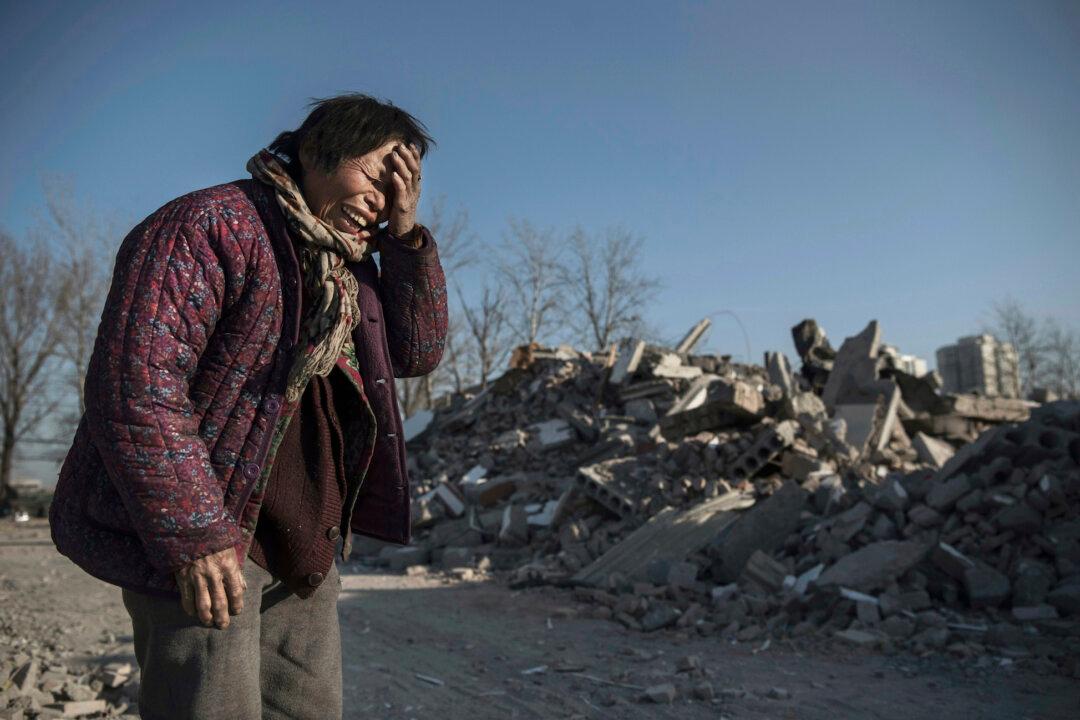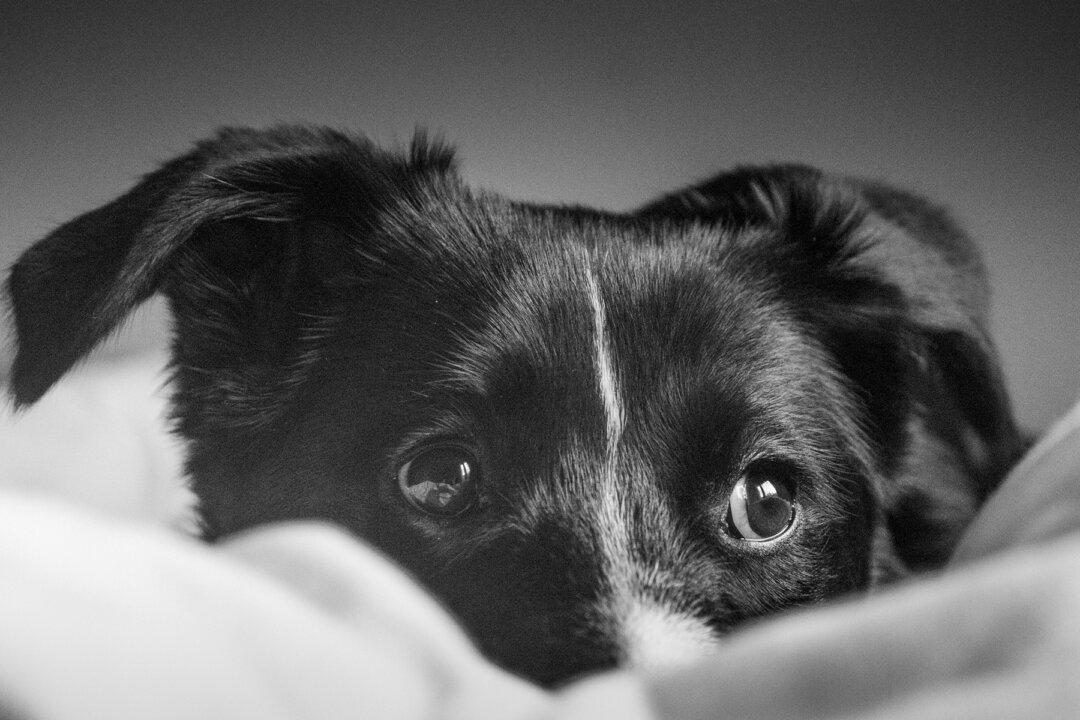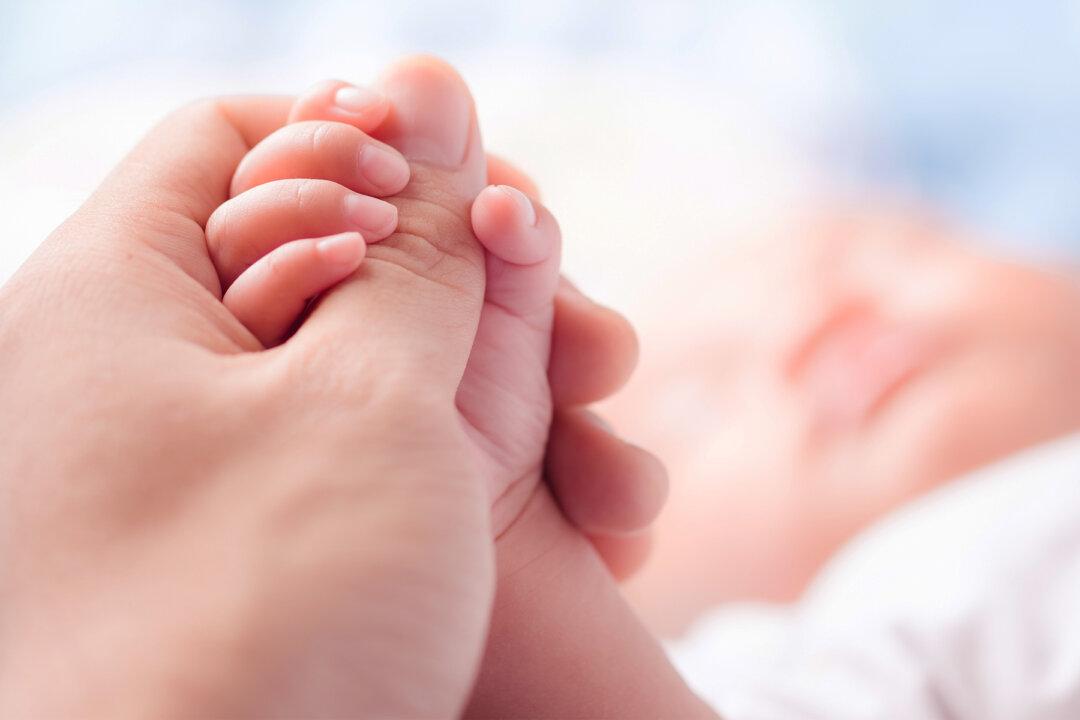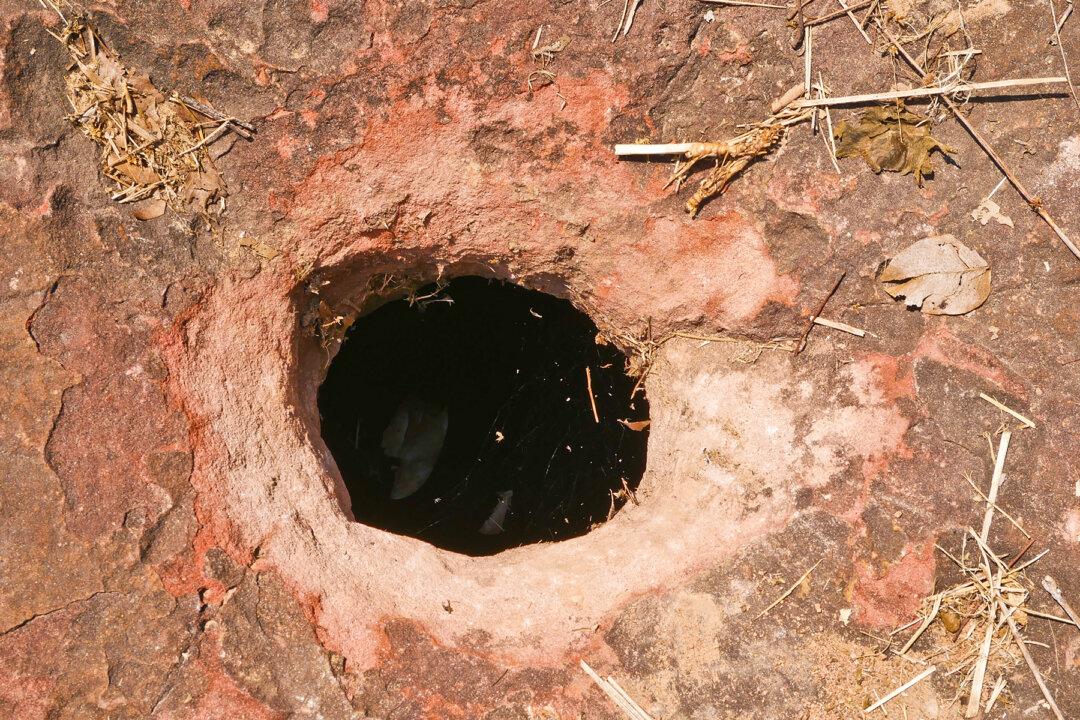During a press conference following a session of China’s rubber-stamp parliament on March 7, China’s Ministry of Finance admitted that the regime misappropriated 730 million yuan (approximately $112.2 million) in “poverty relief” funds last year.
Since taking power, Chinese leader Xi Jinping has vowed to eradicate rural poverty completely by 2020—making it a major political priority to prevent income inequality from causing social instability and chaos for the regime.




